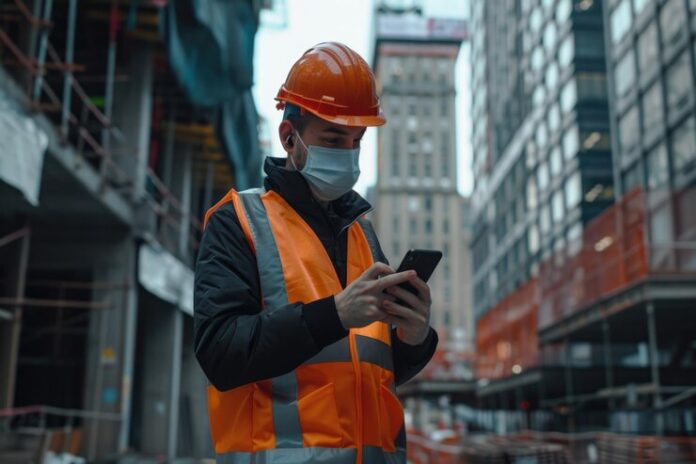In 2024, the construction industry is undergoing a significant transformation with the increasing adoption of remote worksites and mobile access technologies. These advancements are not only enhancing productivity and efficiency but also improving safety and communication across construction projects worldwide.
The shift towards mobile access has been largely driven by the need for real-time data and seamless communication among project stakeholders. Mobile applications enable project managers, engineers, and workers to access critical information, conduct inspections, and collaborate remotely. This is particularly beneficial in an industry often challenged by dispersed worksites and dynamic project conditions.
One of the primary benefits of mobile access is the ability to perform real-time inspections and instantaneously update project statuses. Applications such as PlanRadar and Procore have become indispensable tools for construction professionals. They allow users to document and track progress, manage snagging issues, and communicate effectively from any location. These platforms store data on the cloud, ensuring that all team members have access to the most current information, regardless of their physical location.
Furthermore, remote access is significantly improving on-site accountability and safety. With mobile devices, workers can quickly report hazards, log safety incidents, and access safety protocols. This immediacy helps mitigate risks and ensures compliance with safety regulations. Advanced features such as GPS tracking and geofencing enhance the ability to monitor site activities and ensure that only authorized personnel are present on-site.
The COVID-19 pandemic has accelerated the adoption of remote work and mobile access in construction. As social distancing and remote working became necessary, the industry had to adapt quickly. The use of mobile technologies enabled construction projects to continue with minimal disruptions, highlighting their importance and potential for long-term integration.
In addition to operational benefits, mobile access technologies support sustainability goals by reducing the need for physical site visits, thereby lowering travel-related carbon emissions. They also facilitate better resource management and waste reduction by providing accurate, real-time data that improves decision-making processes.
As the construction industry continues to embrace digital transformation, the role of remote worksites and mobile access will become even more integral. These technologies are not only transforming how projects are managed but are also setting new standards for efficiency, safety, and sustainability in the industry.
The future of construction is undoubtedly mobile, with the industry poised to leverage these technologies to build smarter, safer, and more sustainable projects.




